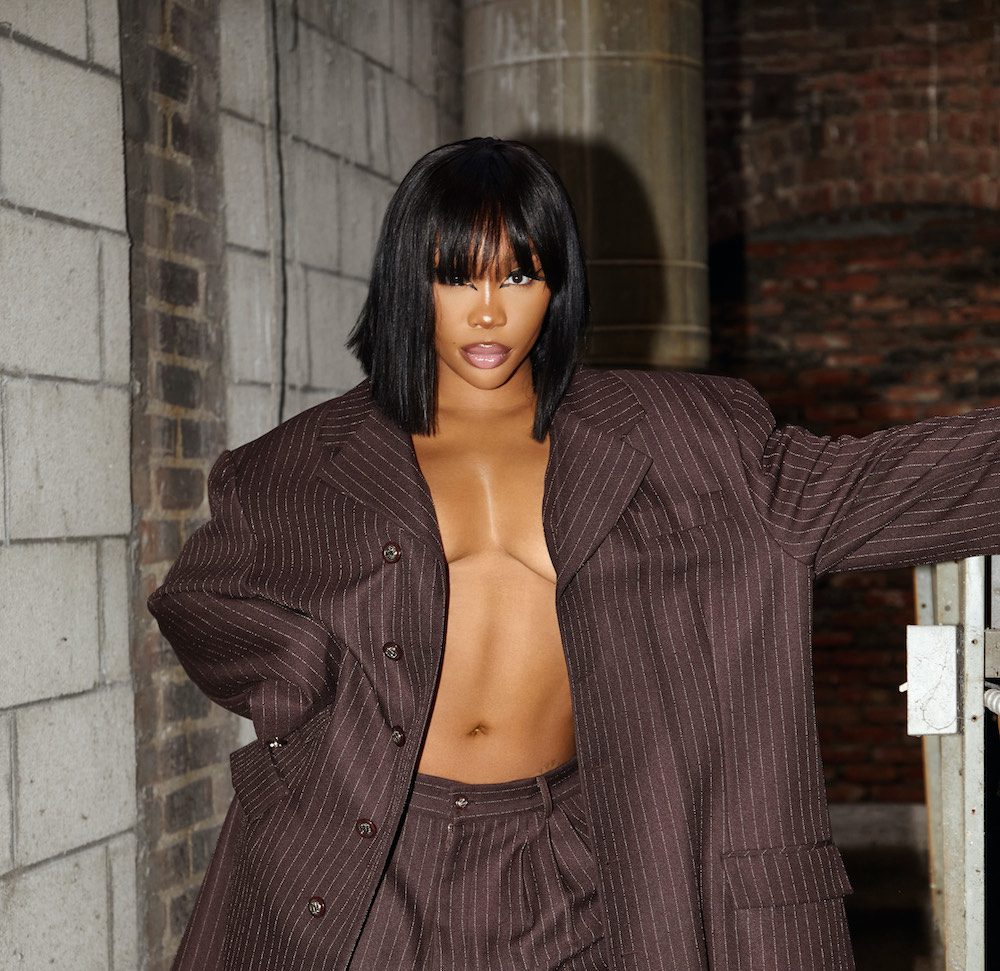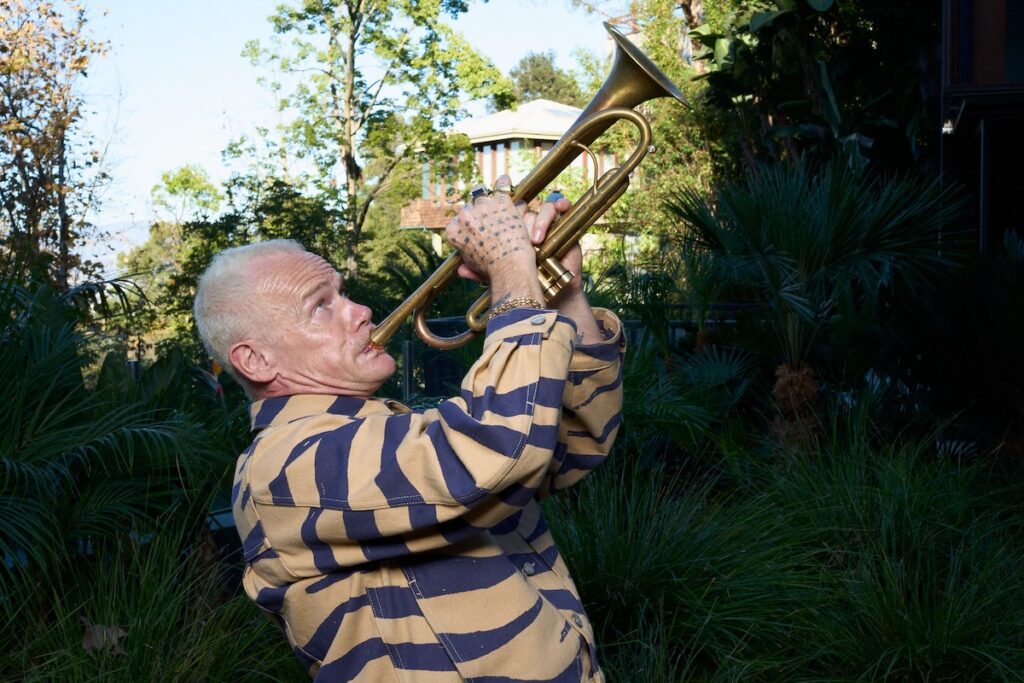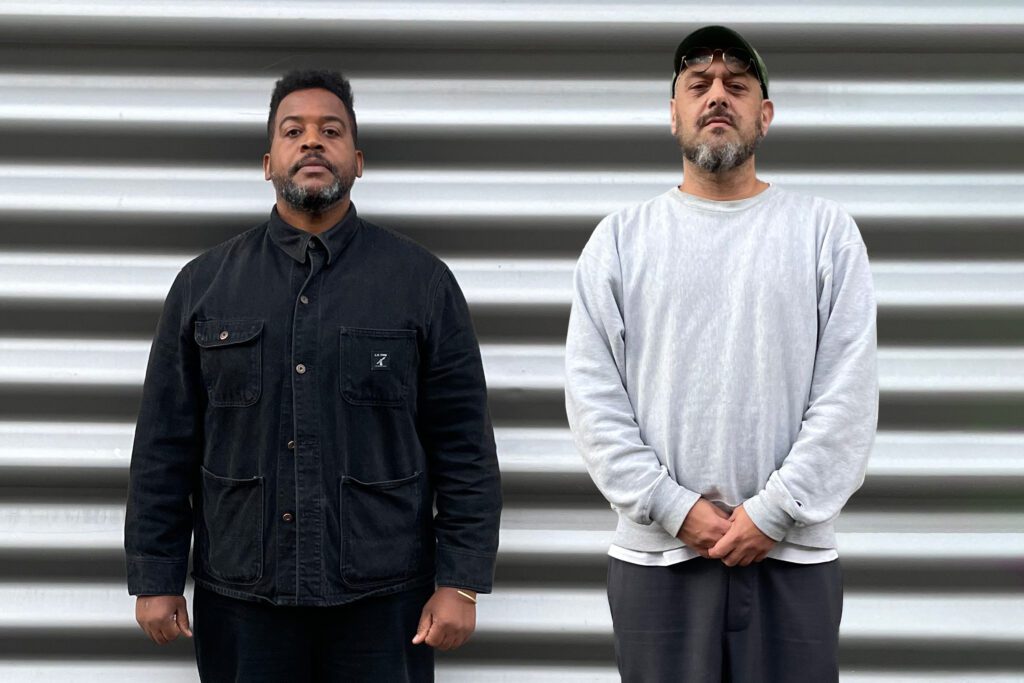
At the end of last year, SZA released her long-awaited album SOS. The LP proved to be an absolute blockbuster; it only just fell out of the #1 spot two days ago. In a couple of weeks, SZA will embark on her first arena tour. SZA is a genuine pop star now, but she doesn’t really carry herself like one. SZA generally seems shy and withdrawn, and she rarely does interviews. Today, though, the veteran music journalist and Shine Bright: A Very Personal History Of Black Women In Pop author Danyel Smith has published a long, sprawling New York Times profile on SZA, and it includes some fascinating bits of information.
Before I get to aggregating, I should tell you that the full SZA is beautifully written, and it’s well worth your time. This isn’t a newsy interview; instead, it’s about SZA’s place in the great lineage of Black women in pop and about how SZA feels about ascending to this new level. But there’s one anecdote in there that I hadn’t heard, and it opens up whole new alternate-universe what-ifs.
In 2013, SZA signed with TDE, the label that gave us artists like Kendrick Lamar and Schoolboy Q. SZA was the first woman on the TDE roster, and she’s sometimes had a contentious relationship with the label; SOS came out a few months after SZA got into a public dispute with label head and manager Punch. Two years before she signed with TDE, SZA met the label people in New York. She was interning for the fashion label 10.Deep, and she delivered them some clothes. Punch heard hear music for the first time then, but SZA didn’t sign with TDE immediately. Instead, she released mixtapes on her own, and she had hopes of joining a different ascendant California-based rap crew.
In the New York Times profile, SZA says, “Quiet as it’s kept, I wanted to be with, like, Odd Future. I felt more like a Clancy girl” — referring to Odd Future manager Christian Clancy. On her early mixtapes, SZA sang over instrumentals from producer and former Odd Future member Brandun DeShay. When SZA moved to Los Angeles, she would hang out with the TDE crew and with Mac Miller, another Clancy client. But she ultimately signed with TDE because, as she says, “Punch believed in me.”
The Times piece also has a great story about SZA doing gymnastics while being booed at a high-school pep rally in New Jersey. She also discusses how the music industry tends to value Black musicians “who play 50 instruments, went to all the right schools, did all the right programs and talked to all the right people. I don’t like that. Black excellence is NBA YoungBoy putting out projects and speaking his heart and screaming into a microphone.”
SZA also discusses the uncertainty that she felt when SOS was about to come out: “I don’t expect anything. I’m ready for the hate, or backlash, or disappointment… I’m not expecting people to be like, ‘Oh, my God, this album is so good.’ I’m expecting people to be like, ‘Y’all hyped this bitch up too much.’” And she talks about not fitting into any particular genre: “People just sweep me into this conversation of R&B, and like — whatever. It’s like, yeah, but I can do so much more. I can do anything… That’s what makes a pop star — when they can do multifaceted, and it all hits.”
Read the full profile here.



